
Yesterday, 29 November 2021, ADASS published the results of their November Home Care and Workforce Rapid Survey.

The survey was undertaken between 2 November and 18 November and was completed by 85 of the 152 directors of adult social services in England.
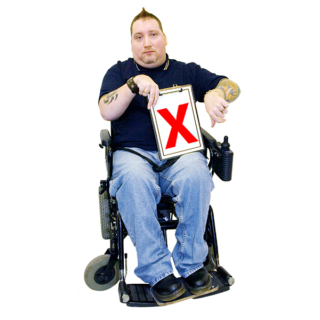
The survey shows how Councils think thousands of people are not getting the support they should to live their lives
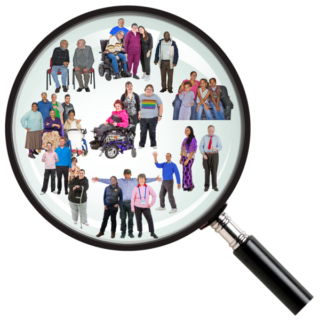
The Coronavirus and People with Learning Disabilities research has been looking at the impact of Covid on people’s lives throughout the pandemic.
The Wave 3 findings published in September showed between 20 – 48% of the people with learning disabilities were getting less support they used to in the past.
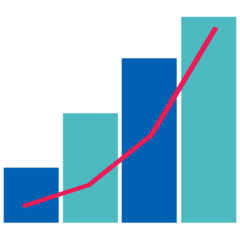
This ADASS snapshot shows things are not getting any better.
And that the level of unmet need seems to still be growing.
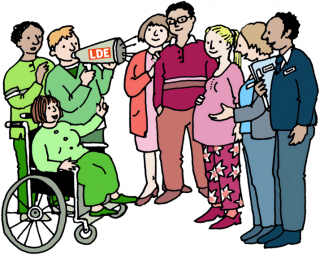
The Representative Body Co Chairs Jordan Smith (self advocate), Wendy Burt (family and friends) and Scott Watkin BEM (paid supporters) said:
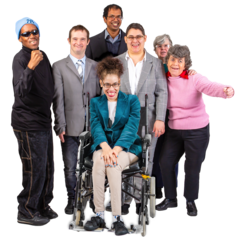
” The snap survey results from ADASS show a ‘rapidly deteriorating picture’.
We know that lots of staff are going the extra mile to make sure people are supported, our members have told us this.
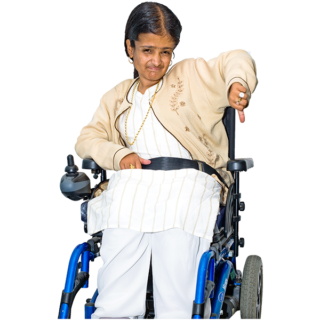
But despite this, difficulties recruiting and maintaining staff means too many people with learning disabilities are not getting the support they need to live good lives.
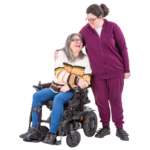
We have heard from our family and friend members that all too often they are having to step in and support their loved ones when there are no paid staff available to do so, without access to support they need.

This cannot continue.
Families are reaching breaking point, the staff we do have are worn out and are at risk of burnout.

We echo ADASS’ call for government to step in with measures to stabilise the situation and make sure everyone gets the support they need.”
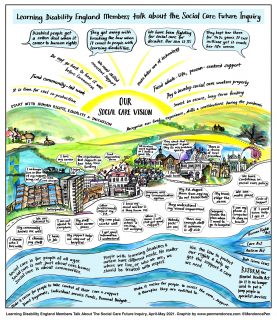
Members have been clear that money alone is not the solution.
They have been coming together for the past two years to create a shared vision of the long term positive change that is needed.

What is clear is that the government must act urgently to make sure the situation does not continue to worsen through the winter months.

And that they listen to people with learning disabilities, their families and unpaid carers and the organisations that provide support and co-produce solutions that mean everyone gets the support they need to live a good life.